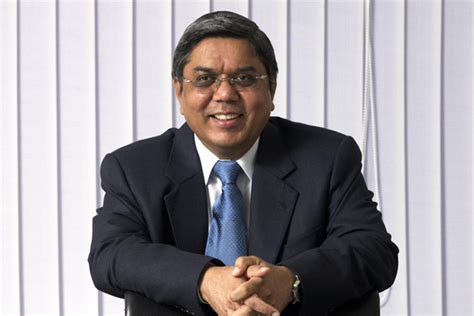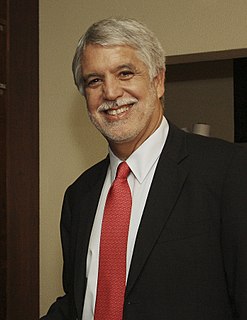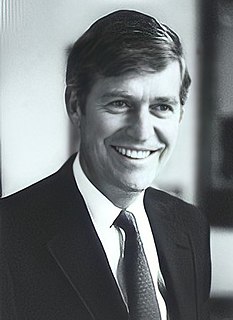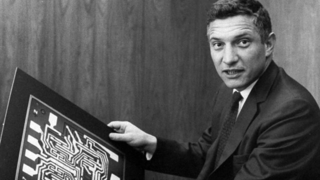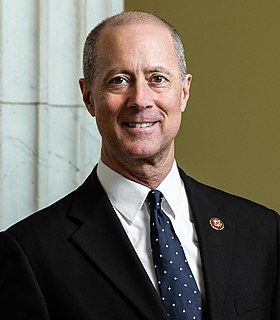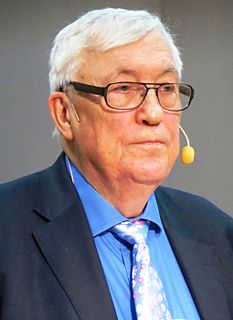A Quote by John Sununu
Energy and environmental regulation, transportation, and broadband policy all benefit when legislators have a basic grounding in the technical concepts behind business models, products, and innovation.
Related Quotes
Under the rule of the "free market" ideology, we have gone through two decades of an energy crisis without an effective energy policy. Because of an easy and thoughtless reliance on imported oil, we have no adequate policy for the conservation of gasoline and other petroleum products. We have no adequate policy for the development or use of other, less harmful forms of energy. We have no adequate system of public transportation.



